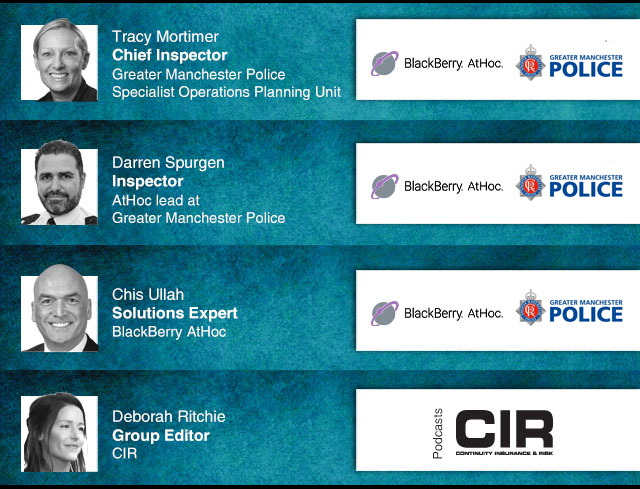Staff well-being, increased productivity, cheaper overheads and reduced carbon emissions are behind the continued home and hybrid working trend in the UK, according to official ONS data.
Some 18% of businesses said they intended to use homeworking permanently. Around 17% of people were hybrid working in late October, rising to a fifth in larger businesses. In early November, just half of businesses said their workforce had returned to their normal place of work.
Commenting on the numbers, Susannah Streeter, senior investment and markets analyst, Hargreaves Lansdown said this shift will have ramifications across many industries as new patterns of consumer behaviour which emerged during the pandemic settle in for the long haul.
’This latest data from the ONS indicates that plenty of employees still believe working 9-5 in the office is no way to make a living. Only half of businesses have said their workforce had returned to their normal place of work and although that is up from a third in early September and a fifth in April, there is still so much uncertainty about our future working patterns. With more than one in six businesses already intending to use increased homeworking as a permanent business model, and another one in eight unsure what they will do, the fight for talent is likely to determine company policy going forward.
“Many recruiters are already reporting that many of the best candidates are demanding flexibility over their working lives and companies do appear to be listening. In the words of Dolly Parton, they are keen to ensure its not all taking and no giving with 65% of companies saying they are using homeworking because of improved staff well-being. More than half of companies (53%) say it’s because of increased productivity and 43% of companies said one of the reasons was that it led to reduced carbon emissions, compared to 34% of companies giving that reason at the last reading, indicating that the urgency for a change of behaviour to limit global warming is being felt by business leaders.”
Printed Copy:
Would you also like to receive CIR Magazine in print?
Data Use:
We will also send you our free daily email newsletters and other relevant communications, which you can opt out of at any time. Thank you.













YOU MIGHT ALSO LIKE